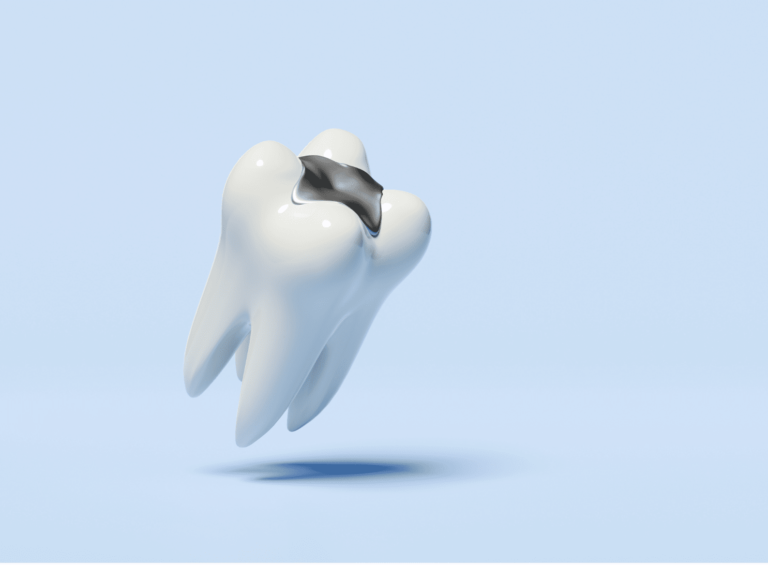Black Lines On Molars

The appearance of black lines on molars can be a cause for concern for many individuals. These lines, which can range in color from dark gray to black, are often noticed on the surface of the teeth, particularly on the molars. Understanding the possible causes and implications of these black lines is essential for maintaining good oral health.
One of the primary reasons for the appearance of black lines on molars is the accumulation of dental plaque and tartar. When bacteria in the mouth break down food, especially sugars and starches, they produce acid, which can lead to the formation of plaque. If plaque is not removed regularly through brushing and flossing, it can harden into tartar, a hard, yellowish-brown deposit that can contribute to the discoloration of teeth. Over time, this tartar can appear as black lines on the molars, especially in areas where the teeth and gums meet.
Another factor that can contribute to the appearance of black lines on molars is tooth decay. Tooth decay, or dental caries, occurs when the bacteria in plaque produce acids that damage tooth enamel, leading to cavities. If left untreated, these cavities can progress and reach the dentin, the layer of tissue beneath the enamel, causing discoloration that may appear as black lines.
Gum recession is also a potential cause of black lines on molars. As gums pull back from the teeth due to gum disease (periodontal disease) or improper brushing techniques, the roots of the teeth can become exposed. The roots of teeth are not covered by enamel and have a different color and texture compared to the crowns, which can give the appearance of black lines.
Furthermore, the consumption of certain foods and beverages can stain teeth, leading to the appearance of black lines. Items such as coffee, tea, and red wine are known to cause stains on teeth due to their chromogens, which are pigmented molecules that can bind to tooth enamel. Similarly, the use of tobacco products can lead to significant tooth discoloration, including the appearance of black lines on molars.
It’s also worth noting that some medical conditions and treatments can affect tooth color. For example, patients undergoing chemotherapy or taking certain medications may experience changes in tooth color, including the development of black lines.
Addressing Black Lines on Molars
If you notice black lines on your molars, it’s essential to consult with a dental professional. A dentist can assess the situation and determine the underlying cause of the discoloration. Depending on the cause, treatments may vary:
- Dental Cleaning: If the black lines are due to plaque and tartar buildup, a professional dental cleaning can help remove these deposits and improve the appearance of the teeth.
- Fillings: For tooth decay, fillings may be necessary to repair cavities and prevent further damage.
- Gum Treatment: In cases of gum recession, treatment may involve deep cleaning of the pockets around the teeth, gum grafting to cover exposed roots, or other periodontal therapies.
- Tooth Whitening: For stains caused by food, beverages, or tobacco, professional tooth whitening treatments can help lighten the teeth and reduce the appearance of black lines.
Prevention
Preventing black lines on molars involves maintaining good oral hygiene practices and being mindful of dietary habits:
- Brushing and Flossing: Regular brushing with fluoride toothpaste and flossing once a day can help remove plaque and prevent tartar buildup.
- Regular Dental Visits: Regular check-ups with a dentist can help identify and address oral health issues early on.
- Dietary Changes: Limiting the consumption of sugary and starchy foods, as well as staining beverages, can help prevent tooth decay and discoloration.
Conclusion
Black lines on molars can be caused by a variety of factors, including dental plaque and tartar, tooth decay, gum recession, and certain dietary habits. Addressing these issues involves a combination of good oral hygiene practices, professional dental treatments, and awareness of how certain foods and habits can affect tooth color. By understanding the causes and taking proactive steps, individuals can protect their oral health and maintain the aesthetic appeal of their teeth.
How often should I visit a dentist to prevent black lines on my molars?
+Regular dental visits are crucial for maintaining good oral health. It is generally recommended to visit a dentist every six months for check-ups and cleanings. However, the frequency may vary depending on individual oral health needs and risk factors for dental diseases.
Can black lines on molars be a sign of a more serious health issue?
+While black lines on molars are often related to oral health issues, in some cases, they can be indicative of underlying health conditions. For example, certain medications and health conditions can affect tooth color. It's essential to consult with a healthcare provider if you have concerns about the health implications of tooth discoloration.
Are there any home remedies for removing black lines from molars?
+While there are various home remedies suggested for whitening teeth and removing stains, such as using baking soda or hydrogen peroxide, these methods may not be effective for all types of stains and can potentially damage tooth enamel if used improperly. It's recommended to consult with a dental professional for advice on safely improving the appearance of your teeth.
In conclusion, maintaining vigilant oral hygiene and being aware of the factors that can lead to black lines on molars are key to preventing this issue. By combining regular dental care with a healthy diet and lifestyle, individuals can minimize the risk of developing unsightly black lines and ensure their teeth remain healthy and vibrant for years to come.
